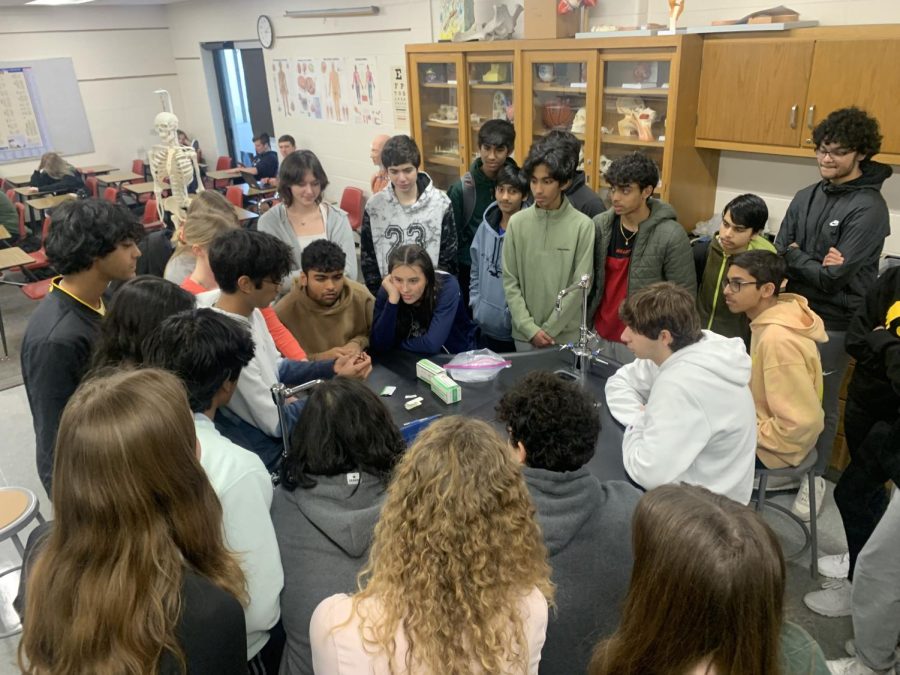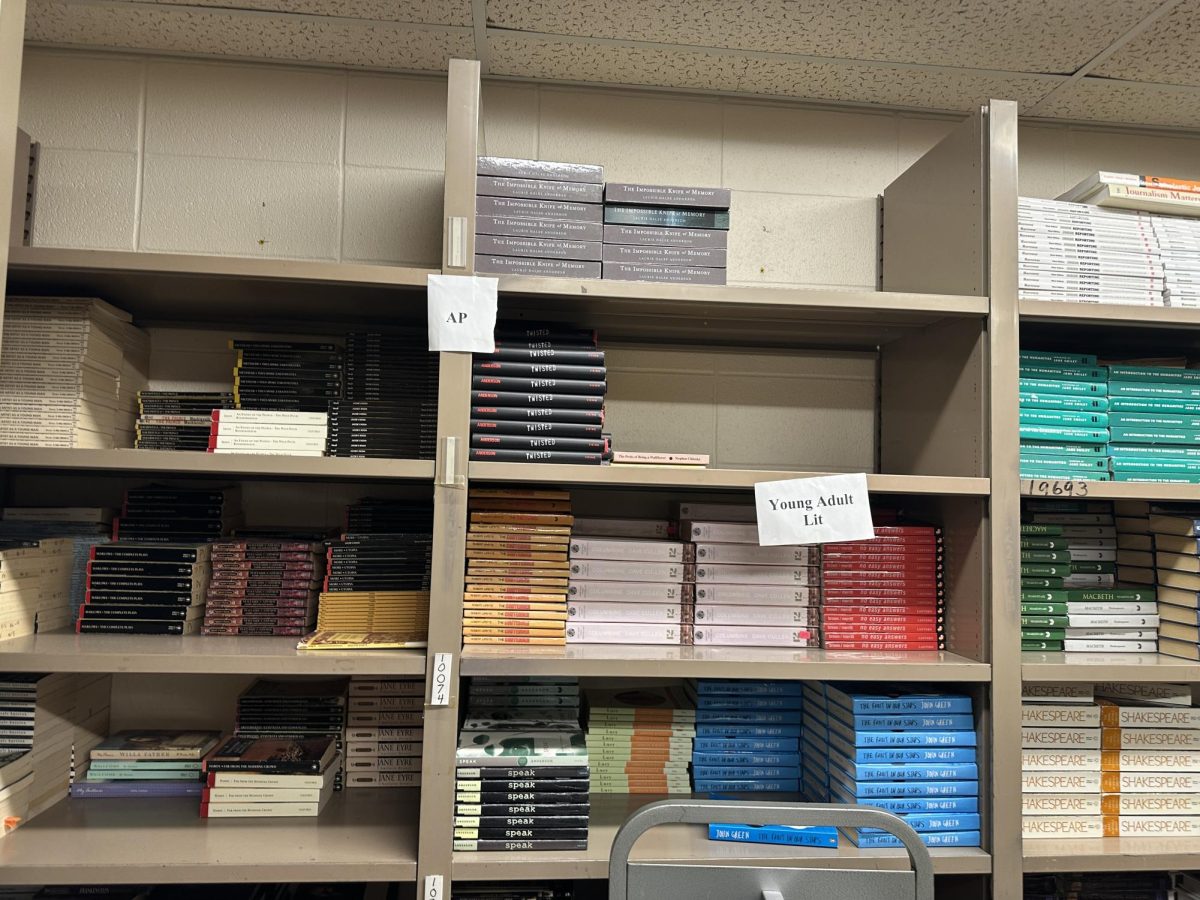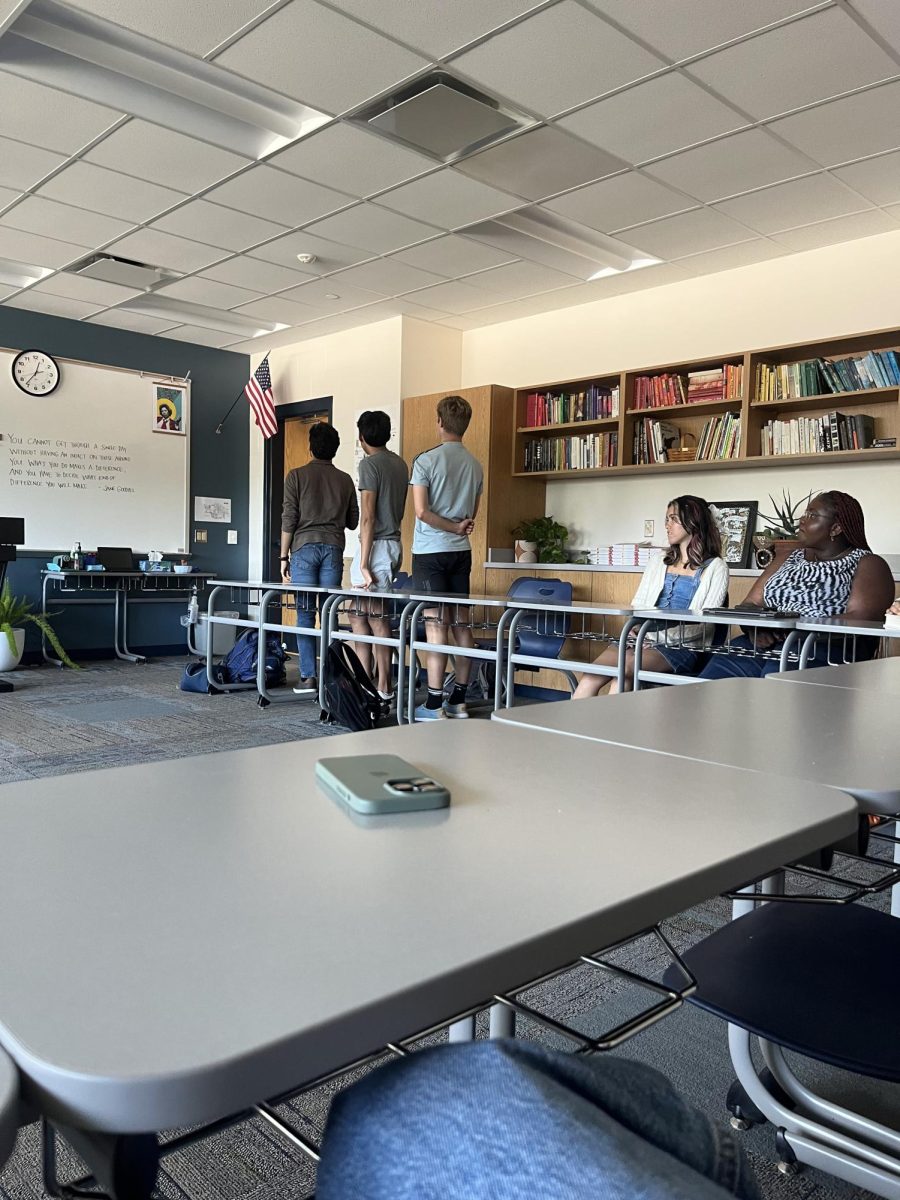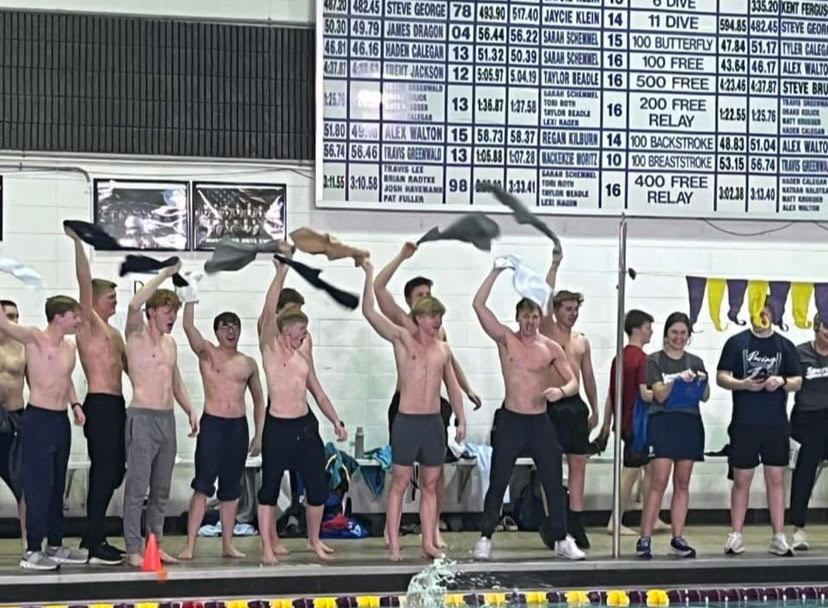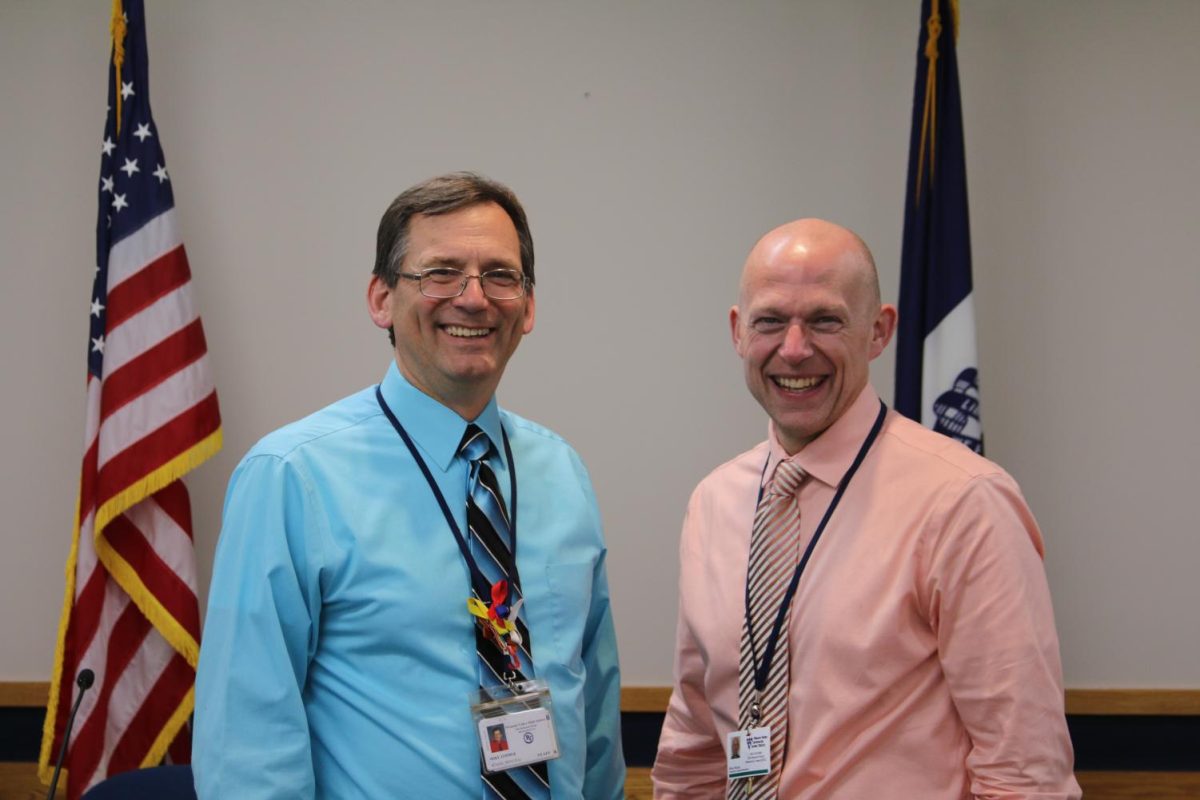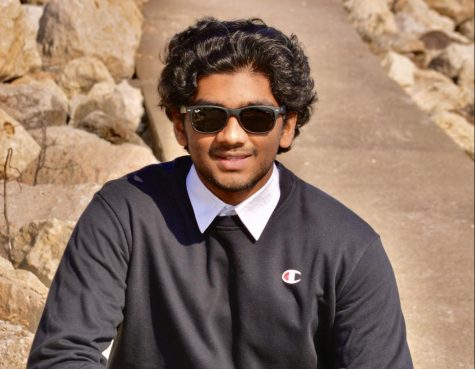“I don’t want a nation of thinkers. I want a nation of workers.”
With this mission, business magnate John D. Rockefeller, the wealthiest American of all time, created the General Education Board in 1902, donating around $180 million (or $6 billion in today’s money) in his lifetime.
Although Rockefeller’s board closed in 1964, the same unsettling sentiment is shared by the education system today.
Smartphones have long assumed the place of rotary phones. Self-driving cars freely roam the streets, and artificial intelligence plays a staple role in everyday life. Despite the significant technological advancements made in recent years, it remains apparent that the US education system has failed to keep up with the changing times.
The same rote memorization and lecture-style teaching used a century ago is still the norm in most classrooms today, and students are the victims.
The traditional “lecture and test” format is prevalent in many science, math and social studies classrooms. This method has little to no practical use in the world and fails to engage students and help them develop critical thinking.
The present form of “education” is highly questionable, as it merely trains students to hastily memorize and regurgitate data. When a student is forced to memorize rather than understand, the classes simply lose value. This style of learning is concerning, as the same information can be effortlessly searched on Google or resolved by an AI. It raises questions about the efficacy of the current system, leaving many perplexed about whether genuine learning is being achieved.
And inquisitive students who are not good at taking tests won’t do well in said classes, diminishing their confidence and making them feel “unintelligent.”
Senior Nikhil Ramaraju believes the education system is in a dire need of rework. “Assessing students’ ability to regurgitate information only reinforces their ability to do busy work and not cultivate skills applicable to the real world such as problems solving skills, critical thinking, and awareness. Our current teaching methods are essentially perpetuating complacency within our society by not educating students with the purpose to be thinkers,” voiced Ramaraju.
More than ever, employers are looking for people with critical thinking and problem-solving abilities. Creativity easily tops the list of soft skills that new-age employers seek.
And yet most classrooms are still centered around dated ideals that prevent creative thinking, leaving some students behind.
Making students into robots is not only detrimental to students but to society as a whole. Our community’s absence of critical thinkers opens the door for an Orwellian future. In both, “Animal Farm” and “1984,” the common man, or animal, was taught by the government to only work but not think for themselves. The leaders took advantage of this, keeping society in a perpetual state of working and obeying. Shades of this dystopian future are already being shown through teaching methods.
Despite the prevalent issue of traditional lecture-style teaching, a few classes aim to teach students how to think critically and creatively. AP English Language and Composition and AP English Literature and Composition both offer students a way to process their ideas and come up with their own.
Lynne Lundberg, AP English Language teacher at PV, teaches “1984” in hopes to prevent such a dystopian future. “‘1984’ is an important text because it serves as a warning. If we read ‘1984,’ we know power is seductive. And the only alternative to power is people who are aware, paying attention, thinking critically and willing to act. It didn’t work in the book but that’s only because nobody had done enough to stop the takeover done by the totalitarian government in time,” Lundberg shared.
“Critical thinking is vitally important in order to prevent that tendency that powerful forces have of making it seem they cannot be countered or making it seem ‘It’s in our best interest anyways that we do what we’re told’,” Lundberg continued.
Another issue with the current system is the lack of education pertaining to the real world. Students leave high school without the knowledge required to do taxes or maintain good credit, but at least they know Calvin Coolidge was born on July 4, 1872.
Financial literacy is a core skill in the 21st century and should be treated as such. Learning how to budget and file taxes is a necessity in the life of all Americans, yet only a few students know how to do it after graduating high school. In fact, only 57% of Americans are financially literate.
“Schools, like the government, are slow to change in their teaching methods. Of course, learning history is important, but it is not the ability to regurgitate information that should be emphasized. It should rather be with the lessons learned from the happenings of history. This goes hand in hand with education systems needing to adapt to the skills our future workforce will require, such as critical thinking and financial literacy,” Ramaraju continued.
It’s time for a change.
And it starts with the government and school boards recognizing the need for a modern, innovative education system that prepares students for future challenges.
For example, look at Sweden. Sweden has one of the highest-ranked public education systems in the world. The reason: the whole system is less target-driven and more child-centered, with children starting at a later age and feeling less pressured by external exams. Consequently, Sweden is one of the happiest countries with a high quality of life. Although education is not the sole reason for the high quality of life, a better caliber of education provides more self-actualization, a high need in Maslow’s Hierarchy of Needs.
The US government doesn’t have to implement such a system overnight. It can be done in a step-by-step process.
The obvious first step is to allocate more funding to public schools. This would save the slowly dying teaching profession and allow schools and teachers to innovate new teaching methods to be more suitable for current times.
After that, schools can incorporate project-based learning, encouraging students to learn the “How” and the “Why” rather than the “What.” This method of teaching would also allow the concepts learned in class to be applied to practical situations and motivate students to work collaboratively and think critically. This would come with a shift in focus from test scores to developing well-rounded students with the necessary skills to succeed in the real world.
Making financial literacy and life skills courses as important as common core classes would prepare students to manage money, file taxes and navigate the complexities of the modern world. This way students are empowered to take control of their lives, finding success in the long run.
As Albert Einstein once said, “Never confuse education with intelligence.” With these changes, individuals come out feeling intelligent rather than educated, prepared to tackle the challenges of the real world.


